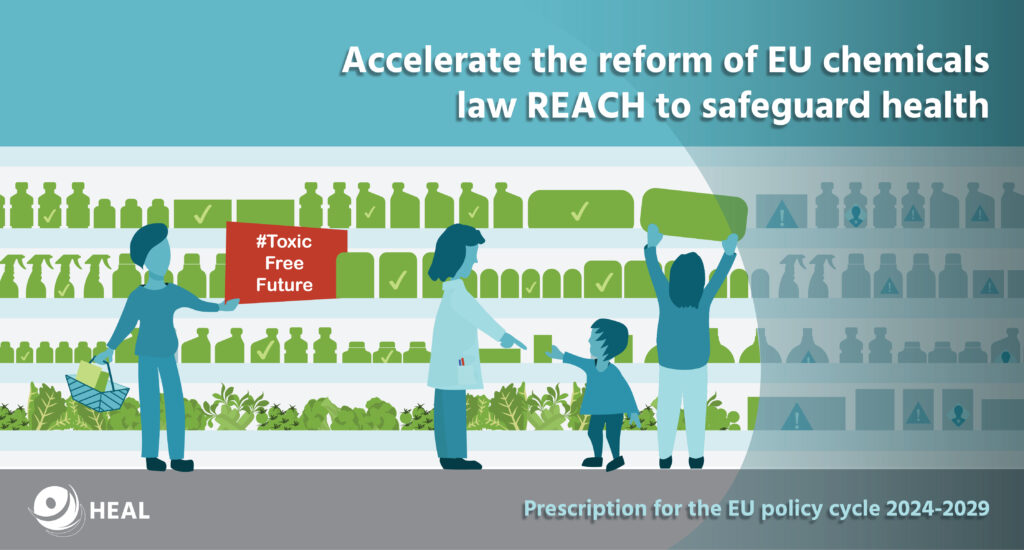Ottawa – Commissioner for Health and Food Safety, Stella Kyriakides, and Canada’s Minister of Health, Mark Holland, held a virtual meeting to launch the EU-Canada Health Policy Dialogue under the EU-Canada Strategic Partnership Agreement.
The Health Policy Dialogue, focused on cooperation across three priority areas: antimicrobial resistance, health security (including climate-related health risks), and non-communicable diseases (including cancer and mental health). A series of knowledge exchanges between the EU and Canada on these priority areas will be organised following this Dialogue. Through this partnership, the EU and Canada will share knowledge, scientific evidence, and best practices to advance the health and safety of people in Europe, Canada and around the world.
Antimicrobial resistance
The EU and Canada underscored the importance of collaborative efforts to address antimicrobial resistance (AMR) as an urgent public health and socio-economic issue. They shared their positive expectations for the upcoming High-Level Meeting on AMR at the United Nations General Assembly as a key opportunity to reinforce global commitment to tackle AMR. Both sides will continue to seek opportunities to raise awareness on AMR and promote close collaboration and intensified action across multilateral fora. They committed to sharing knowledge on AMR and antimicrobial use surveillance and target setting, strengthening the One Health approach through environmental integration, and exploring economic incentive models to bring new antimicrobials to the market.
Reinforced cooperation on health security
Both parties agreed to advance global collaboration on pandemic prevention, preparedness, and response, with an effective and accountable WHO at its core. The discussion stressed the importance of the recently amended International Health Regulations as a key element of the global health security architecture, to be complemented by the development of a new and ambitious legally binding Pandemic Agreement on prevention, preparedness, and response.
The EU and Canada also discussed common health challenges arising from climate change, such as the emergence of extreme heat-related issues and vector borne diseases. They agreed to leverage on their collective strength to address the intersection of climate change and health, ultimately enhancing the well-being of our citizens and future generations.
Cancer and Mental Health
The EU and Canada are committed to working together to improve cancer prevention, detection, treatment, and care. They share the priority of identifying and implementing modern approaches to cancer care, including those that support equitable access to care. They will work together on this through a an EU-Canada knowledge exchange series. Both parties also recognised that high-impact, transnational research is key for addressing, understanding, and preventing cancer.
The discussions also recognised the need for comprehensive, accessible, and reliable mental health services, both in-person and digitally. Through a knowledge exchange series, the EU and Canada will share information on mental health best practices, including on policies and priorities, and how they link to broader goals in multilateral fora.
Commissioner for Health and Food Safety, Stella Kyriakides, said: “Canada is a key partner for the EU when it comes to tackling global health challenges. With this launch of the first EU-Canada Health Policy Dialogue, we are reaffirming our mutual commitment to a closer partnership on health under the Strategic Partnership Agreement. Global cooperation is key when it comes to responding to pandemics, tackling AMR and improving cancer and mental health care. I firmly believe that the EU and Canada working together helps to improve healthcare in the EU and beyond and deliver on our commitments in the EU Global Health Strategy.”
Canada’s Minister of Health, Mark Holland said: “This launch of the first EU-Canada Health Policy Dialogue emphasizes the importance of global partnerships to make progress on our common health priorities, including AMR, health security, climate-related health risks, and our approaches to non-communicable diseases. Our collaborative efforts to address these priority areas will help us improve health and wellbeing for people in Canada, and also contribute to global efforts for a healthier world for everyone.”








